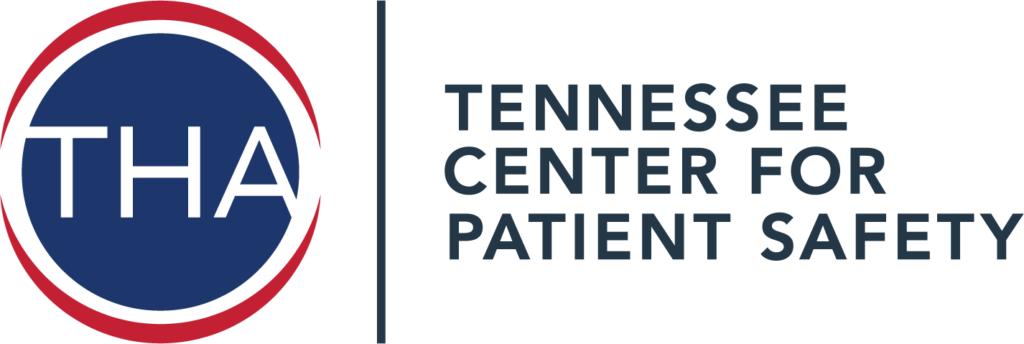Pressure Injuries
The prevalence of hospital-acquired pressure injuries is decreasing in Tennessee; however cases still occur. Hospital-acquired pressure injuries increase pain, duration of care, risk of secondary infection, and risk of mortality. In fact, the Institute for Healthcare Improvement reports that nearly 60,000 hospital patients die annually from complications of a hospital-acquired pressure injury. The burden of pressure injuries is financial as well as clinical. The National Pressure Injury Advisory Panel states that pressure injury care approaches $11 billion annually, with individual pressure injury treatment costs ranging between $500 and $70,000. The Tennessee Center for Patient Safety supports hospital efforts to reduce hospital-acquired pressure injuries through provision of evidence-based risk-screening and prevention strategies, focused education programs, and opportunities for peer-to-peer sharing of practice.
Resources
Institute for Healthcare Improvemet (IHI)
Agency for Healthcare Research and Quality (AHRQ)
National Pressure Injury Advisory Panel
COVID and the Skin
Useful Websites
The National Pressure Injury Advisory Panel (NPIAP) serves as the authoritative voice for improved patient outcomes in pressure injury prevention and treatment through public policy, education and research.
The Wound, Ostomy and Continence Nurses Society™ (WOCN®) is a professional nursing society, which supports its members by promoting educational, clinical, and research opportunities to advance the practice and guide the delivery of expert health care to individuals with wound, ostomy and continence concerns.
HAPI Panel of Experts
In 2019, TCPS worked with a panel of certified wound care and quality improvement professionals to prepare best-practice reports for hospitals on common HAPI-prevention challenges. Each 2-page report focuses on a single HAPI-related topic and provides perspectives and recommendations from panelists as well as published evidence. View all the HAPI Panel of Experts reports to the right.
- Multiple Layers of Linen
- Medical Device-Related Pressure Injuries
- Critically Ill Patients on Vasopressors
- Interventions for Braden Subscales
- Engaging Patients and Families in Pressure Injury Prevention
- Improving Recognition of Stage 1 Pressure Injuries
- Optimizing Turn Compliance
- Pressure Injury Prevention in the Obese Patient
- Pressure Injuries Present on Admission
- NPIAP Updated Pressure Injury Guidelines
